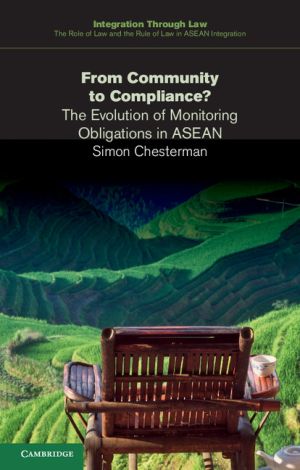
In the past decade, the Association of Southeast Asian Nations (ASEAN) has transformed from a periodic meeting of ministers to setting ambitious goals of becoming a Community by 2015. ASEAN is now the most important regional organisation in the history of the continent of Asia. An important tension in this transformation is the question of whether the 'ASEAN way' - defined by consultation and consensus, rather than enforceable obligations - is consistent with the establishment of a community governed by law.
This book examines the growing interest in following through on international commitments, in particular monitoring implementation and compliance. Key barriers remain, in particular the lack of resources and ongoing resistance to accepting binding obligations. It remains to be seen whether these trends herald a more measured approach to decision-making in ASEAN. Written for practitioners and researchers alike, this important book provides the first systematic survey of monitoring within ASEAN.